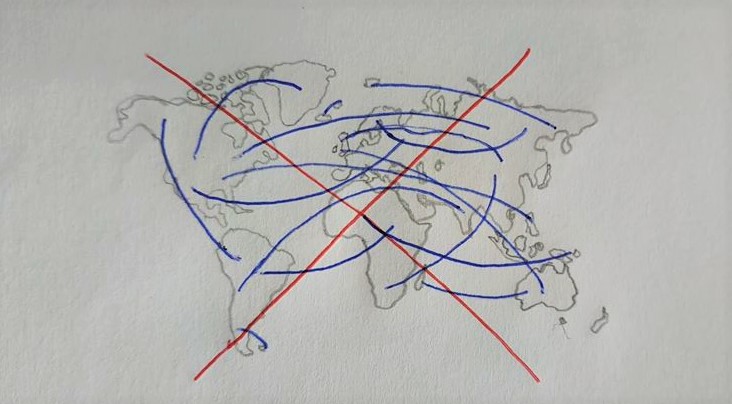LONDON – The ability of people to travel, the flow of migrant workers and the exchanges between world governments over trade and information all make up globalization.
But throughout the covid-19 outbreak, some have argued that globalization will or even has already been reversed due to the pandemic.
Currently, there are travel restrictions on most countries, which means that globalization is not in effect and is instead being restricted.
These limitations on travel and an increased level of uncertainty by officials over quarantining after traveling abroad limit the people going on holiday or visiting other countries. That proves people are not moving freely – which undermines globalization.
The covid-19 outbreak also disrupted supply chains. Trade between countries has been halted or disordered as seen by initial lack of availability of international products in many countries.
As trade has been halted by the forced closure of businesses, economies have seen a downturn, which means many governments are focusing on rebuilding their own economies and encouraging businesses within their own countries. That leads to a slowdown in the flow of commodities and capital across countries, less international trade and a downward turn in globalization.
In America, a backlash against globalization and the free flow of goods associated with it – especially in terms of immigration and trade – has led to lots of political pressure. This began before the covid-19 outbreak but has heightened.
The results are tighter immigration controls, more barriers to trade and investment and the shortening of supply chains.
This all leads to the question of whether governments should be working together in order to tackle the covid-19 outbreak to produce a more viable solution to the pandemic.
Such an effort would boost globalization, so could a deadly pandemic prove that a globalized world is necessary for our survival?
Aimee Shah is a Junior Reporter with Youth Journalism International.



